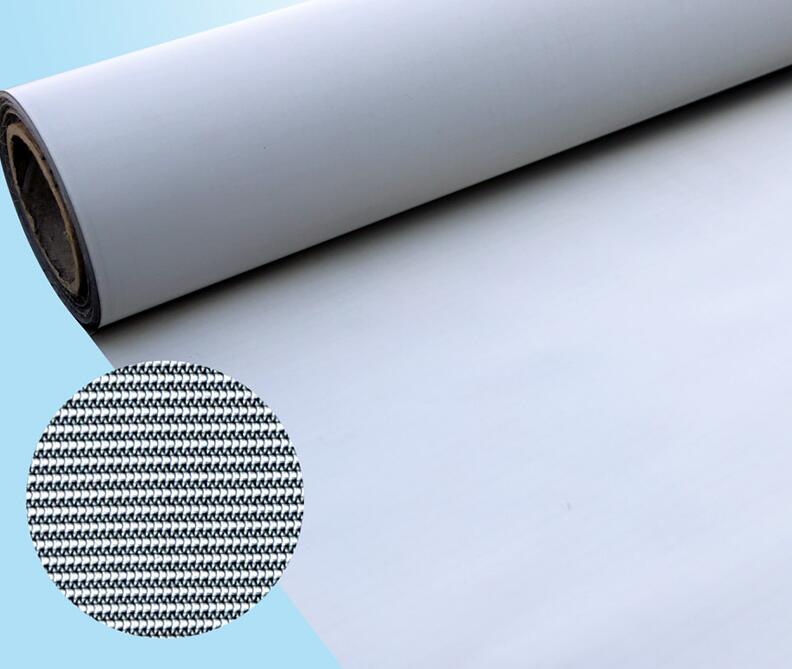All stainless steel manufacturers in India pride themselves on their most corrosion resistant and strongest products. No other metal compares to SS in terms of corrosion resistance, mainly due to its chromium content. By matching the correct chromium composition with other metals, SS alloys can be customized to suit specific corrosive environments. That said, another aspect of the SS forming process that can significantly affect the strength, durability and other factors of the alloy is the heat treatment process such as annealing and tampering.
Heat treatment processes are typically used to alter the molecular structure of an alloy to improve its ductility and strength. However, the type and amount of heat treatment for different types of SS grades varies from application to application, and performing the process incorrectly can affect the quality of the final product.

To give you an overview, here are the different types of SS and the importance of heat treatment in their manufacturing process.
1) Austenitic stainless steels.
Austenitic steels gain all their strength during the manufacturing process, but have a lower ductility and molecular structure. Therefore, their products undergo an annealing process that improves their crystal structure and enhances their corrosion resistance.
The SS 304 grade of 300 series austenitic steel is the best example of its kind.
2) Martensitic stainless steel.
Martensitic steels are extensively heat treated to harden and their hardness is proportional to their carbon content. Depending on the application, one can obtain extremely hardened steel products by increasing the carbon content.
Hose clamp screws made from SS 410 grade are a good example of the 400 series martensitic steel family. Various structures and equipment required for load-bearing and heat-resistant applications in the medical and food processing industries are made of grades such as 420 and 440C.
3) Ferritic stainless steel.
Heat treatment ferritic steels are designed to improve their ductility and impact strength. As a result, they also gain more corrosion and temperature resistance characteristics, and are most suitable for applications involving collision or scaling temperatures. Therefore, many ferritic steel grades are used to develop robust automotive exhaust system components, such as mufflers.
4) Precipitation-hardening stainless steel.
The best properties of heat-treated precipitation-hardened steels are their tensile and yield strengths. Due to its unique heat treatment process, also known as "age hardening", its strength is three to four times that of austenitic steels. They are used primarily in structural applications in the firearms and aerospace industries. In these industries, you may typically hear about SS grades 17-4, 17-7 and PH13-8Mo, which are part of this family.
YKM is one of the oldest stainless steel manufacturers with a state-of-the-art manufacturing facility where we use a variety of heat treatments to produce world-class stainless steel wire mesh. Our products have the highest corrosion and heat resistance and meet all international standards. To get the best grade of steel for your industry, you can talk directly to our industry experts and learn more about your options.
Copyright:@2020-2021
Comments Please sign in or sign up to post.
0
0 of 500 characters used